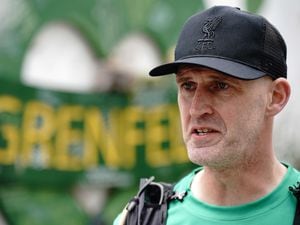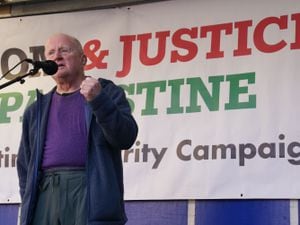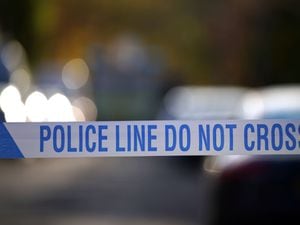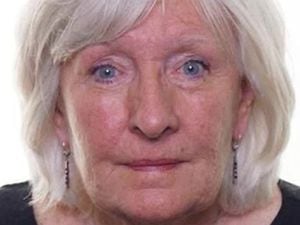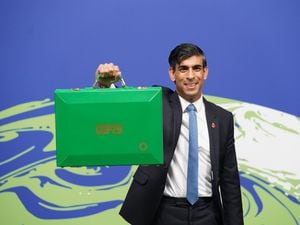Thousands end up in hospital due to bonfire and firework injuries, data reveals
NHS England said that over the last five years there had also been almost 1,000 hospital admissions relating to the discharge of a firework.
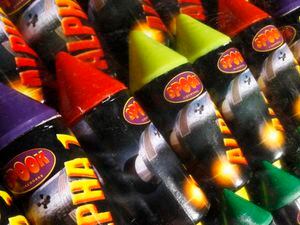
Doctors are urging people to stay safe over bonfire night after new data revealed thousands of people end up in hospital due to firework and bonfire injuries.
Figures from NHS Digital have revealed that there were almost 2,000 occasions of people going to A&E linked to fireworks in 2018-19.
NHS England said that over the last five years there had also been almost 1,000 hospital admissions relating to the discharge of a firework.
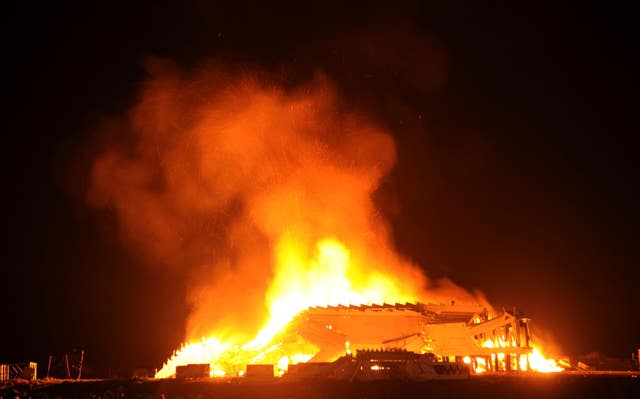
It added that nine out of 10 of these admissions were male and that injuries were most common among millennials, with 20 to 34-year-olds accounting for more than a third of hospital spells.
NHS England and St John Ambulance urged people to take care that the dazzling lights of bonfire night do not lead to the flashing blue lights of ambulances.
NHS national urgent and emergency care clinical director Dr Cliff Mann said: “We all want Diwali and fireworks night to go with a bang of dazzling lights, but people need to take care that their festivities don’t end up with the flashing blue lights of an NHS ambulance.
“So we’re urging people to remember remember the 5th of November for the right reasons, and take simple steps to stay safe, as well as learn some basic first aid skills.”
NHS England said that over the bonfire night and the Hindu festival Diwali period last year, more than 35,000 people went to NHS.uk for advice on how to treat burns and scalds – a “significant jump” on usual numbers.
This peaked at more than 2,800 visits on November 4, compared to the daily average of 1,800 visits throughout the rest of the year, it added.
Injuries were more common at private or family displays where trained first aiders were not on hand to help, NHS England added.
Common injuries from fireworks or bonfires include burns and scalds to the head and hands, shock and eye injuries.
Dr Lynn Thomas, medical director at St John Ambulance, added: “For those celebrating at smaller community events, we would urge extreme caution and advise strictly following instructions when handling, lighting and watching fireworks.
“In those unfortunate instances when someone has a minor injury, knowing what to do and acting fast can prevent further harm and relieve suffering. However, always dial 999 in the case of serious injuries.”

